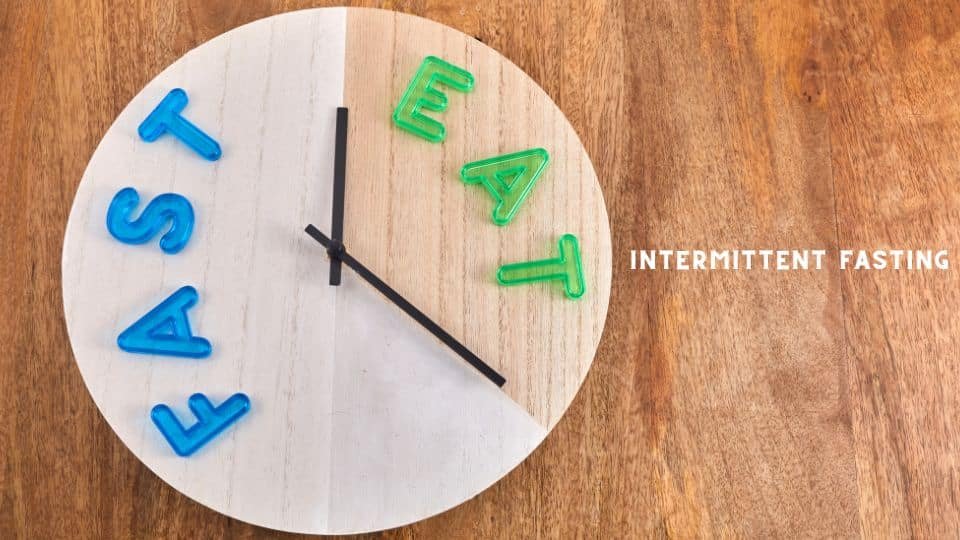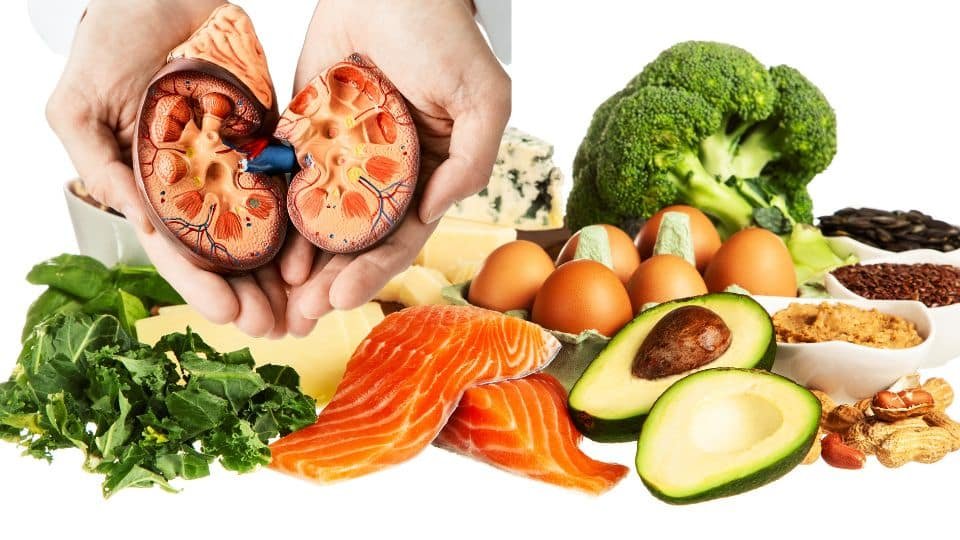Junk food! Welcome! Today! We discuss a groundbreaking study published in the journal Obesity, which was conducted at Uppsala University; researchers set out to explore how junk food affects our sleep. With the rising concerns about the consequences of unhealthy eating habits on our overall health, this study aimed to shed light on the direct relationship between diet and sleep quality.
The study involved 15 healthy young men who consumed both a more nutritious and unhealthier diet in a randomized order. The two diets contained the same number of calories tailored to each participant’s requirements.
The unhealthier diet included higher sugar levels, saturated fat, and processed food items. The participants’ sleep, activity, and meal schedules were closely monitored throughout the study.
After each diet, the participants underwent sleep examinations in a controlled laboratory setting. The researchers were particularly interested in the properties of deep sleep, also known as slow-wave sleep, which is crucial for hormone regulation and restoration.
What the researchers discovered was quite intriguing. While the participants slept for the same amount of time during both diets, the quality of their deep sleep deteriorated significantly after consuming the junk food diet.
Deep sleep exhibited less slow-wave activity following the unhealthy diet than the healthier one. This effect persisted even after the participants switched to a more nutritious diet, indicating a lasting impact on sleep quality.
These changes in sleep patterns are similar to those observed in conditions like insomnia and aging. It suggests that diet may play a more significant role in sleep-related health issues than previously thought.
You can also view this article: Unlock the Secrets of Longevity: How Dietary Restriction Slows Brain Aging and Boosts Lifespan!
While the study raises important questions about the long-term effects of an unhealthy diet on sleep and its potential impact on cognitive functions like memory, the researchers acknowledge the need for further investigation.
They aim to conduct functional tests to assess if the shallower deep sleep caused by junk food consumption affects memory function or other cognitive processes. Additionally, they plan to delve deeper into the specific substances within unhealthy diets that contribute to these sleep disruptions and explore the effects of even unhealthier diets on sleep quality.
As we strive for better health, this study serves as a reminder of the intricate relationship between what we eat and how we sleep. By making conscious choices about our diet, we can positively influence our sleep patterns and overall well-being.
The path to better sleep starts with what we put on our plates.
Glossary:
- Junk Food: Highly processed and unhealthy food items that are often high in sugar, saturated fat, and additives, with little nutritional value.
- Obesity: A medical condition characterized by the accumulation of excess body fat, often associated with various health risks.
- Uppsala University: A university in Uppsala, Sweden, known for its research and academic programs.
- Sleep Quality: The subjective and objective measure of how well an individual sleeps, encompassing factors like duration, depth, and restorative properties of sleep.
- Saturated Fat: A type of fat found in various foods, often in higher amounts in unhealthy diets, associated with health risks when consumed excessively.
- Processed Food: Food items that have undergone significant alteration from their original form through various methods such as cooking, preserving, or refining.
- Deep Sleep: Also known as slow-wave sleep, a stage of sleep associated with restorative functions, hormone regulation, and memory consolidation.
- Slow-Wave Activity: The characteristic brain wave patterns associated with deep sleep are indicative of restorative processes.
- Insomnia: A sleep disorder characterized by difficulty falling asleep, staying asleep, or achieving restful sleep.
- Cognitive Functions: Mental processes such as memory, attention, and problem-solving.
- Functional Tests: Assessments designed to measure specific cognitive or physiological functions in individuals.
- Memory Function: The ability to encode, store, and retrieve information in the brain.
- Cognitive Processes: Mental activities that involve thinking, reasoning, problem-solving, and decision-making.
- Cognitive Impact: The influence or effect on mental processes, such as memory and thinking.
- Shallower Deep Sleep: Reduced depth or quality of slow-wave sleep.
- Conscious Choices: Deliberate and mindful decisions are made with awareness of potential consequences.
Journal Reference:
Luiz Eduardo Mateus Brandão, Alexandru Popa, Erasmus Cedernaes, Christopher Cedernaes, Lauri Lampola, Jonathan Cedernaes. Exposure to a more unhealthy diet impacts sleep microstructure during normal sleep and recovery sleep: A randomized trial. Obesity, 2023; DOI: https://doi.org/10.1002/oby.23787



 By
By










